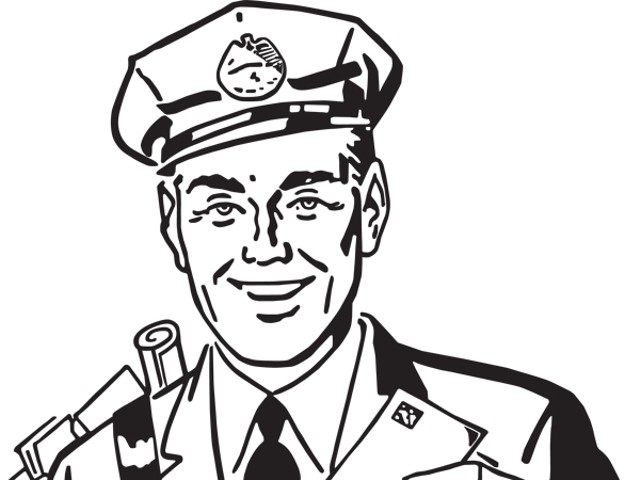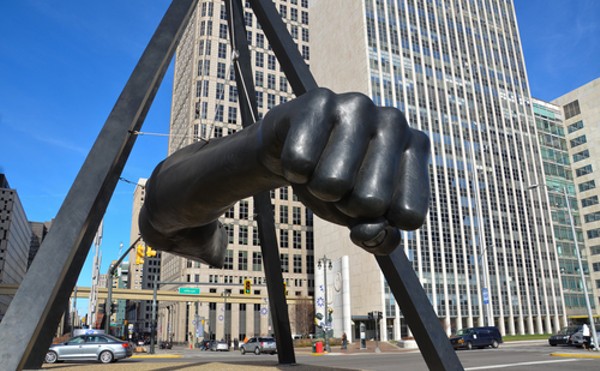When Cecil Kaiser died three years ago in Southfield at the age of 94, his passing sent ripples through the Detroit sports community and the national baseball scene as a whole. Believed to be the oldest living former Negro Leagues player at the time of his death, Kaiser had become a beloved and familiar figure at Tiger Stadium, where he regularly appeared and was honored as part of the Tigers’ annual celebration of pre-integration African-American baseball.
“Cecil was a great friend to the Detroit Tigers, and was truly a pioneer to the game of baseball,” the team said in a statement. “Cecil’s warm smile and presence will be missed. We offer our heartfelt condolences to the Kaiser family.”
But, apparently, that’s where the Tigers’ and broader Detroit baseball community’s love for Kaiser stopped. While Kaiser was feted with plaudits and admiration while he was alive, he has been afforded no such dignity in death. Kaiser, for all his fame, lies in an unmarked grave in Detroit Memorial Park West cemetery.
Employees of the cemetery recently confirmed that there is no marker at Kaiser’s grave. And, unfortunately, his death is much too recent to be considered for the nationally known Negro Leagues Baseball Grave Marker Project, says project head Jeremy Krock.
Tigers representatives didn’t respond to inquiries seeking comment, and Kaiser’s son, Tyrone, couldn’t be tracked down. But the relationship between the team and Kaiser and some of his Negro Leagues peers wasn’t always rosy; in 1995, Kaiser, a New York City native, publicly voiced displeasure with the apparent fact that he and several colleagues wouldn’t be paid for their appearance at Tiger Stadium.
But Kaiser was, unfortunately, used to being slighted. In a January 2011 article in the Grand Rapids Press, he commented on the bigotry he and other black players faced before the integration of the major leagues. “You tried to be the best you could be,” he said. “That’s all you could do.”






